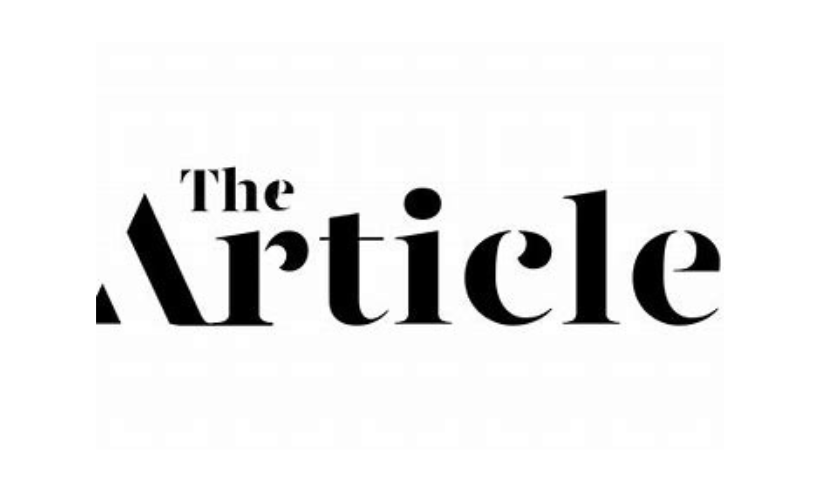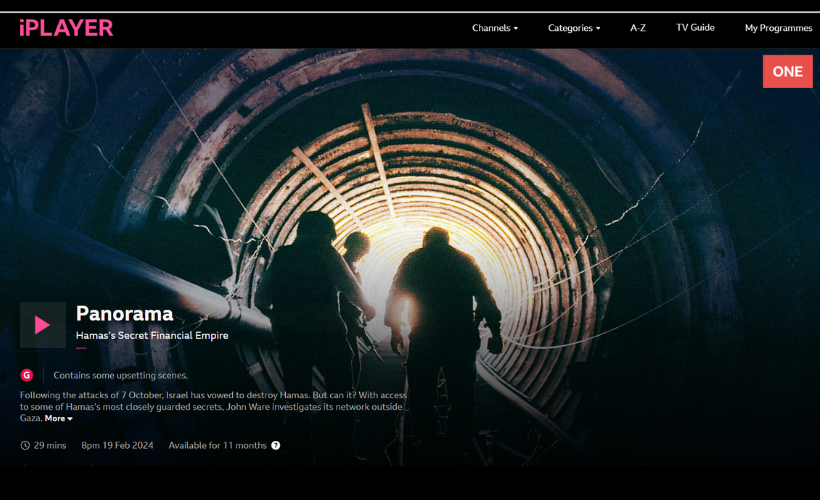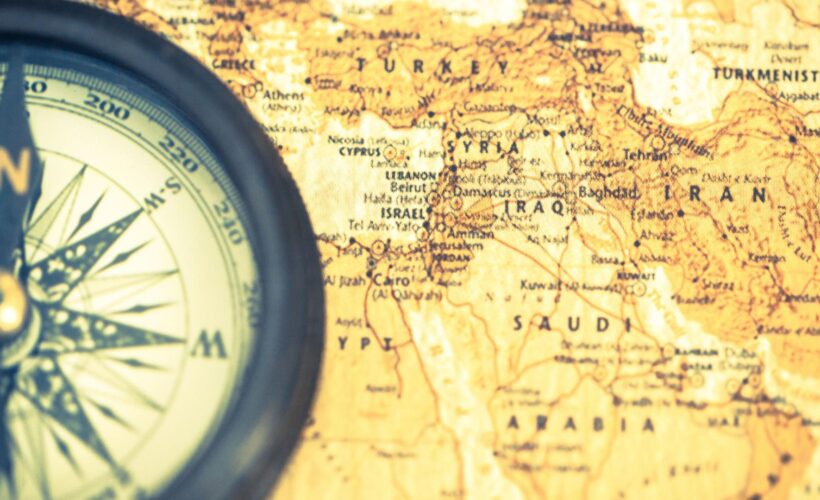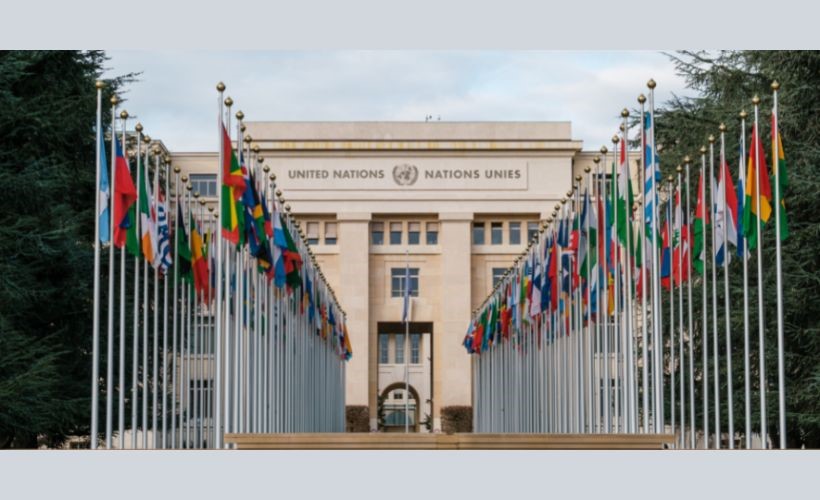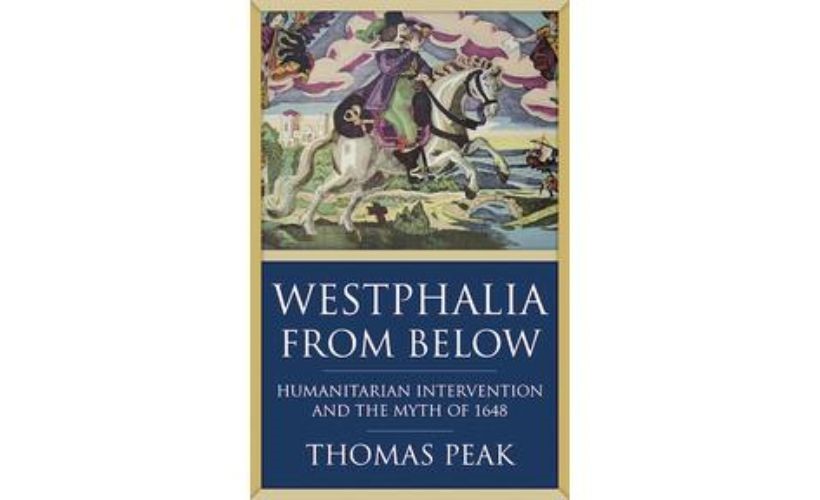The Westphalia for the Middle East Programme is a template for us to think differently about the means and ways in which a durable peace may be achieved in the Middle East. It seeks to draw lessons and themes from an earlier period when many of the assumptions of international relations had yet to be established and when Europe was itself a complex tapestry of competing sovereignties, both state and non-state, secular and sectarian. The purpose of the Westphalia Programme is to rethink and challenge our assumptions about the development of the state and international relations so that we can better understand a world that is complex and fluid.
Conflict in the Middle East today is deeply rooted in historical relations between the various states, ethnicities and sectarian groups. Bearing in mind the deeper historical tensions, current conflicts can be traced to disruptive events in the recent history of the region. The Westphalia Programme believes that historical experience and example can help us to better understand our own problems and how to solve them outside the constraints of international relations theory which is quintessentially a product of the ‘modern’ state-centred understanding of international politics. As such, it is an exercise in applied history.








